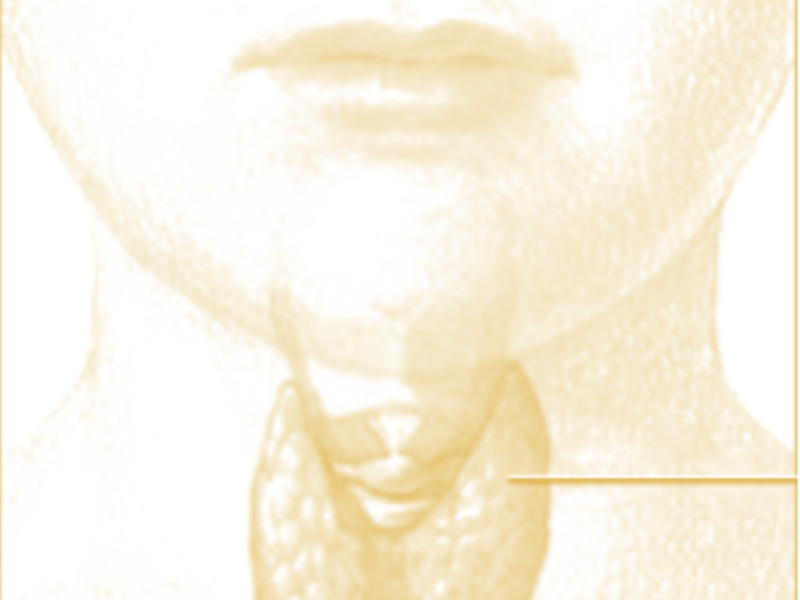ENT Surgery
You are having ENT surgery which could include removal of your thyroid or parotid glands. Surgery on these glands put important cranial nerves at risk. They thyroid gland is innervated by the vagus nerve, which also innervates the heart and the digestive system. This important nerve controls the vocal cords. Damage to this nerve can result in permanent hoarseness or even problems swallowing, which can be life-threatening. The facial nerve innervates the muscles involved in facial expression and damage to the facial nerve can result in permanent facial paralysis. On its course from the brainstem to the facial muscles, the facial nerve travels through the parotid gland. When the gland is removed it must be removed around the facial nerve! We like to say that parotid surgery is facial nerve surgery.

Monitoring
During your thyroid surgery, the anesthesiologist will put an endotracheal tube (breathing tube) down your throat to help you breathe. The breathing tube will have special electrodes to detect contraction of the vocal cords. If the vagus nerve becomes irritated during surgery, the neurophysiologist will detect electrical activity from the vocal cords.
For surgery to remove the parotid gland, all five branches of the facial nerve are monitored. Sterile subdermal needles are placed in the muscles of the face and EMG activity (muscle contractions) are recorded telling the neurophysiologist which branch of the facial nerve is being activated. Spontaneous activation tells the neurophysiologist that the nerve is becoming irritated. Additionally, the nerve can be electrically stimulated in order to identify it and avoid cutting the nerve during the operation. These signals are used as a warning about potential facial nerve injury.

